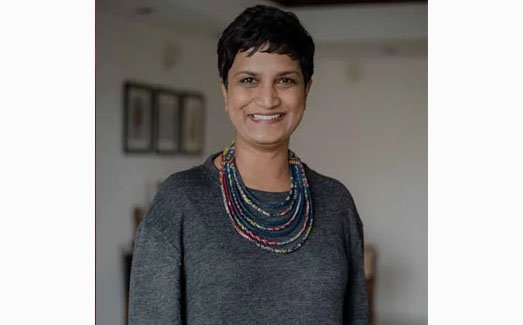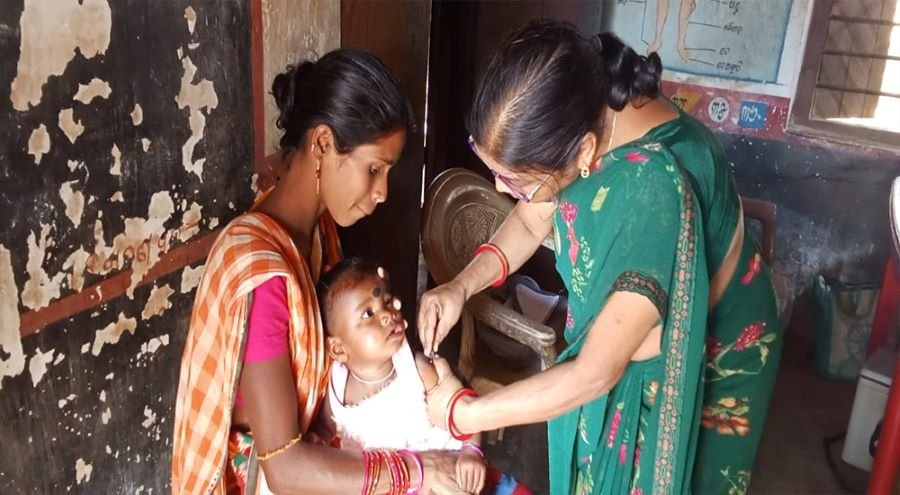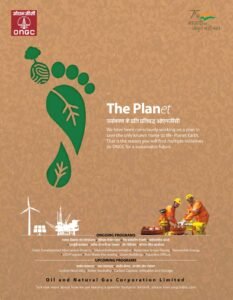
Parveen Shaikh, who is a social worker and community leader was born and raised on a footpath in Sewri in Mumbai. And in 2007, her family which included her husband and two little boys was allocated a home by the city in a residential complex called Natwar Parekh Colony. Even to this day, her face lights up when she talks about the first time she set foot in her new apartment, and how she immediately went to look for the toilet. She was finally relieved of not having to worry about going by the railway tracks which was very unsafe. More importantly she was happy that she could eat her meals whenever she pleased and not to worry about when she needed to go outdoors to relieve herself – which was limited to early mornings before the sun comes up or late in the night.
The lack of access to safe spaces, especially for women and children, is a major challenge for India that is urbanizing at an incredibly fast pace. Having been in the development sector for over a decade, I understand the need and the dependency on data and statistics to understand the importance for safe & healthy spaces for the vulnerable population.
However, from my experience working alongside the marginalized to improve places where they live and work, I am learning the power of individual and collective stories. As professionals we can come up with many solutions and some good ones too, but we cannot do this well without the thoughtful understanding of the lived experiences of the very people we wish to serve.
The question then remains – what are the pathways to coming up with effective ideas to create safe and healthy spaces for women and children, while addressing the sheer scale of the problem? First, spending time with the communities to collect more than just data is not only critical to understanding the complexities around social and cultural issues that impact safety but these are opportunities to cultivate deeper relationships. Second, co-creating solutions alongside the vulnerable population ensures greater success for implementation. Lastly, this kind of process helps inculcate mutual respect and understanding that aids in building true equity and therefore access to safe and healthy spaces for all.






























